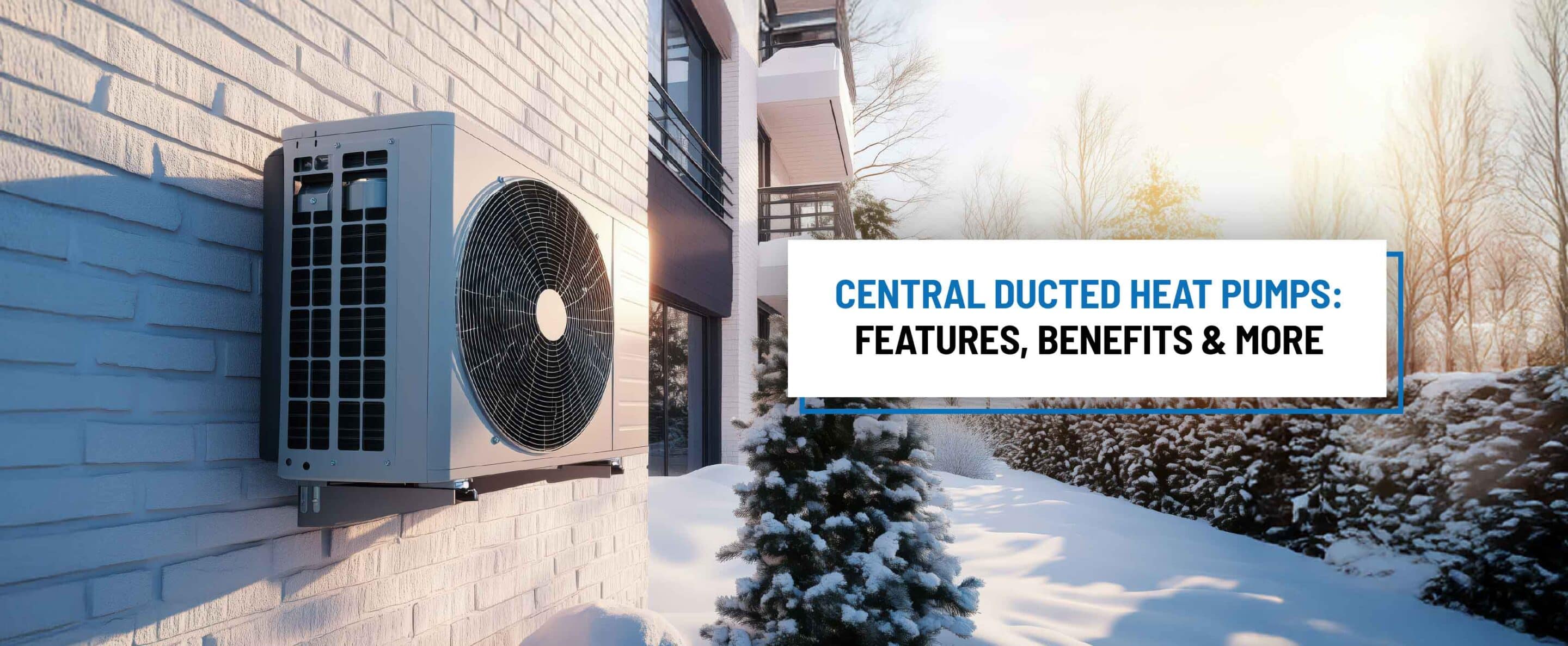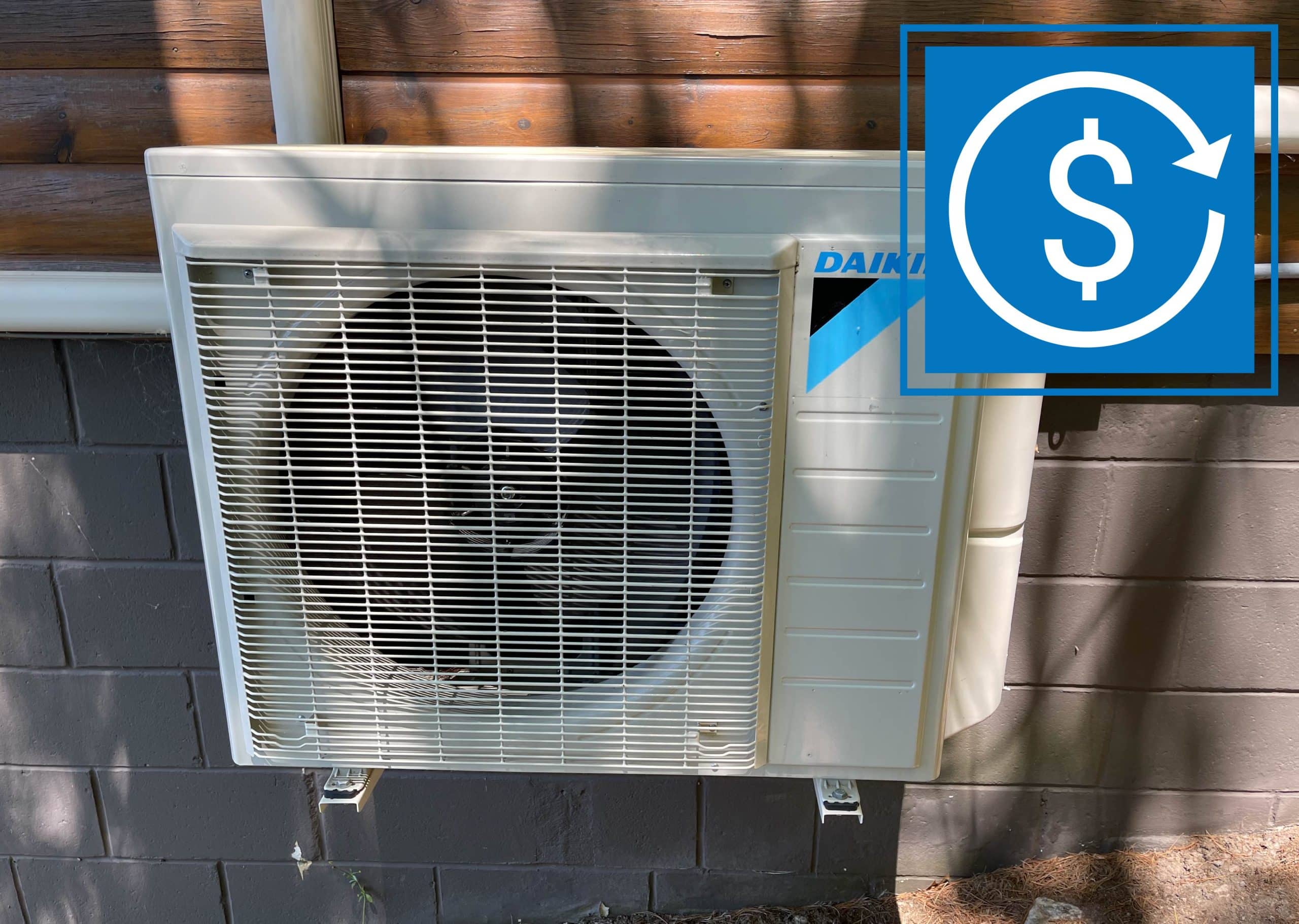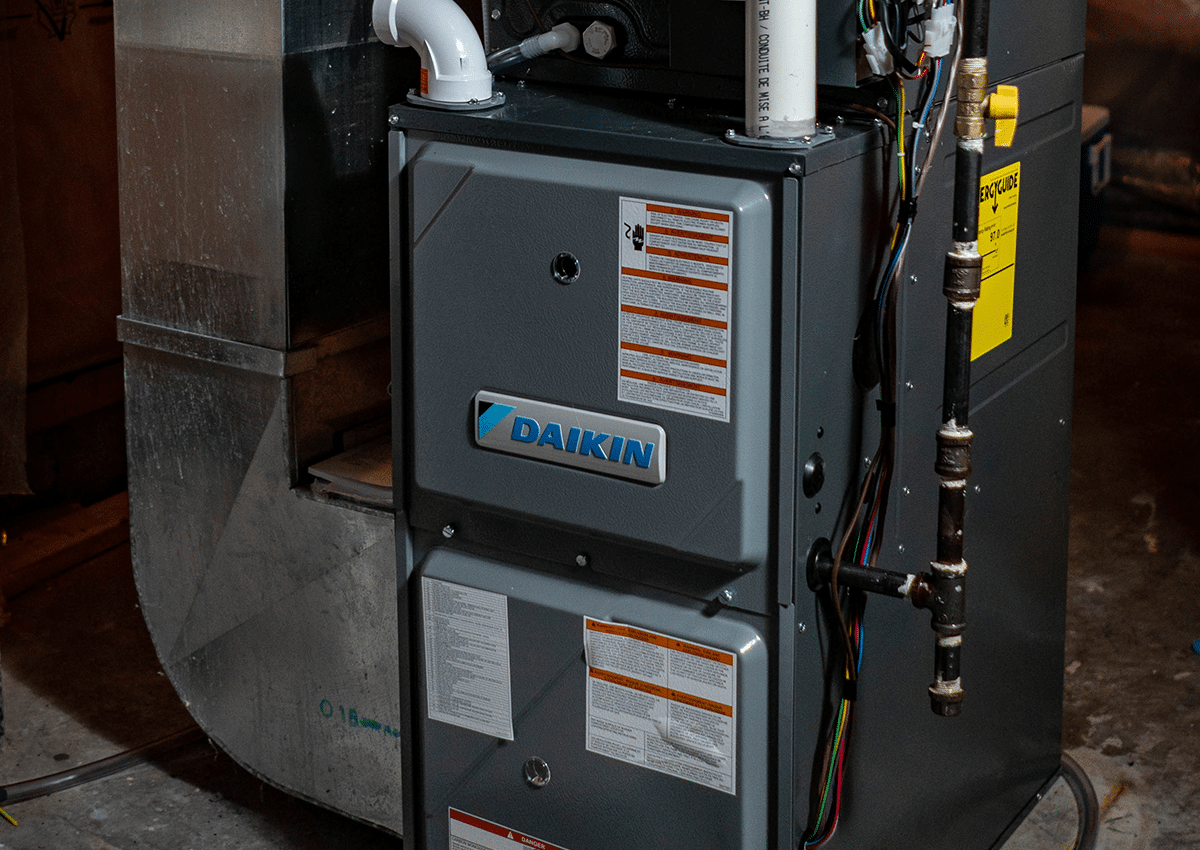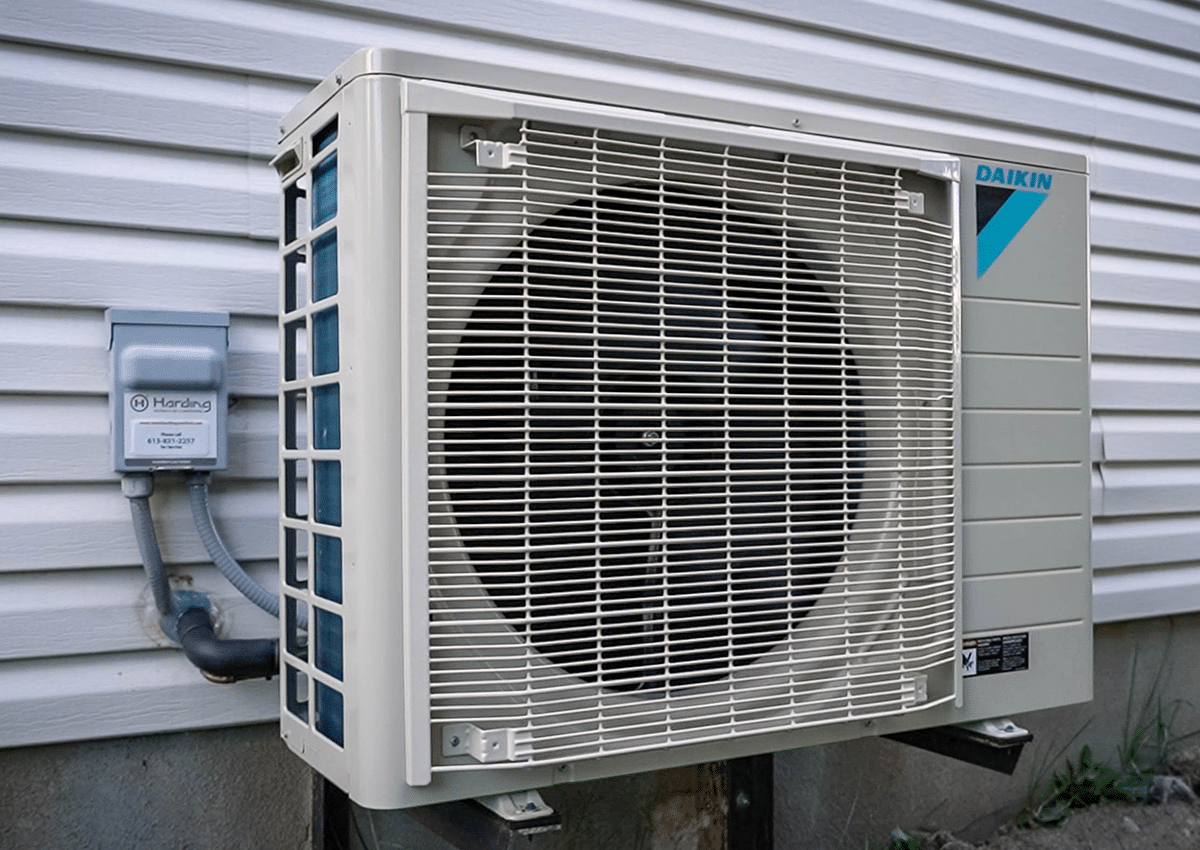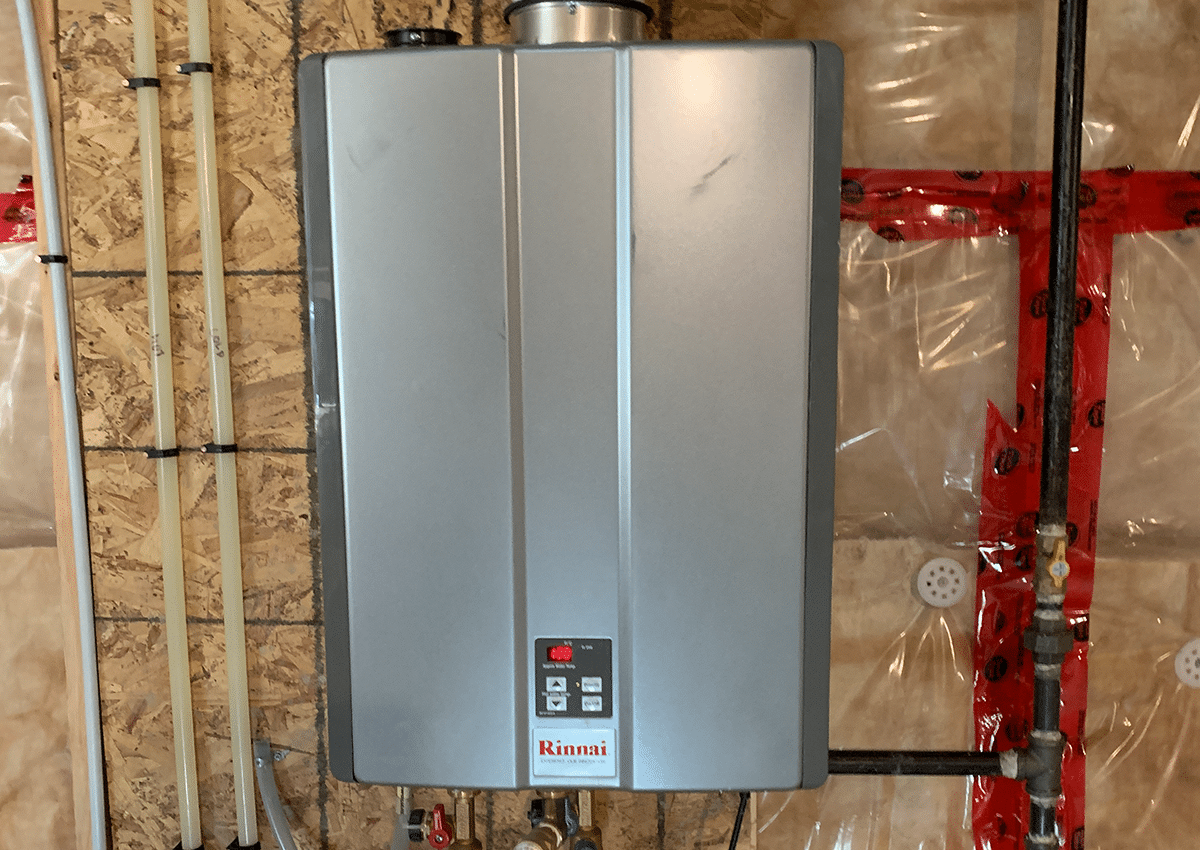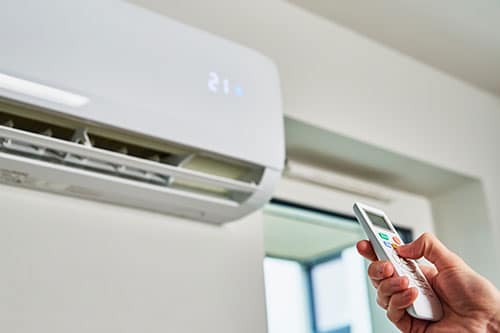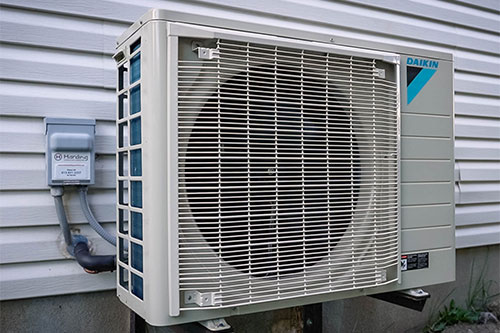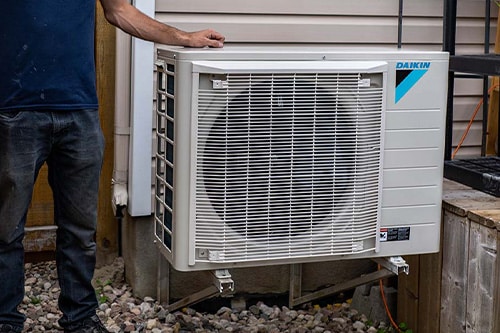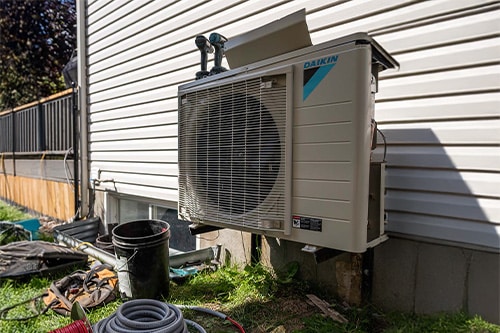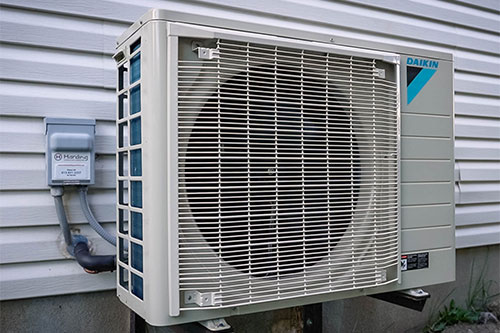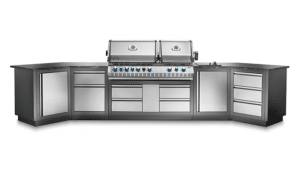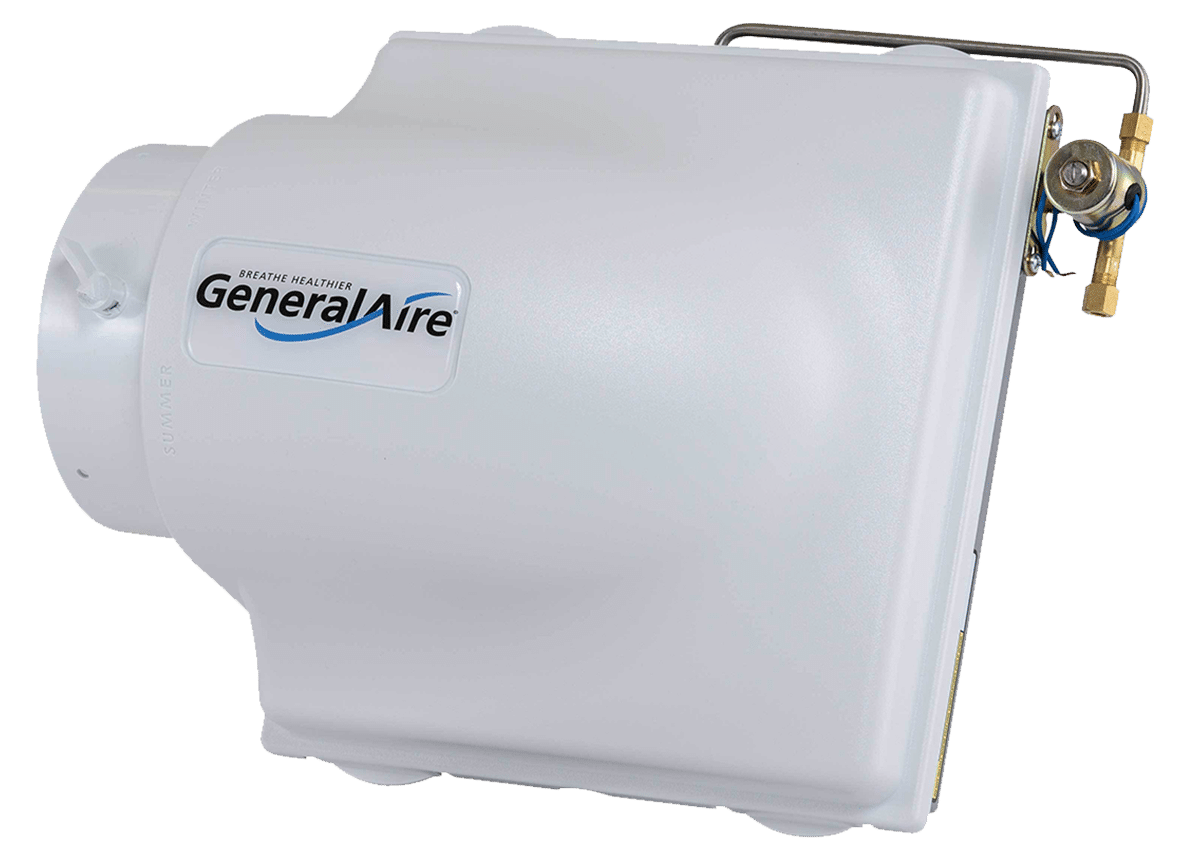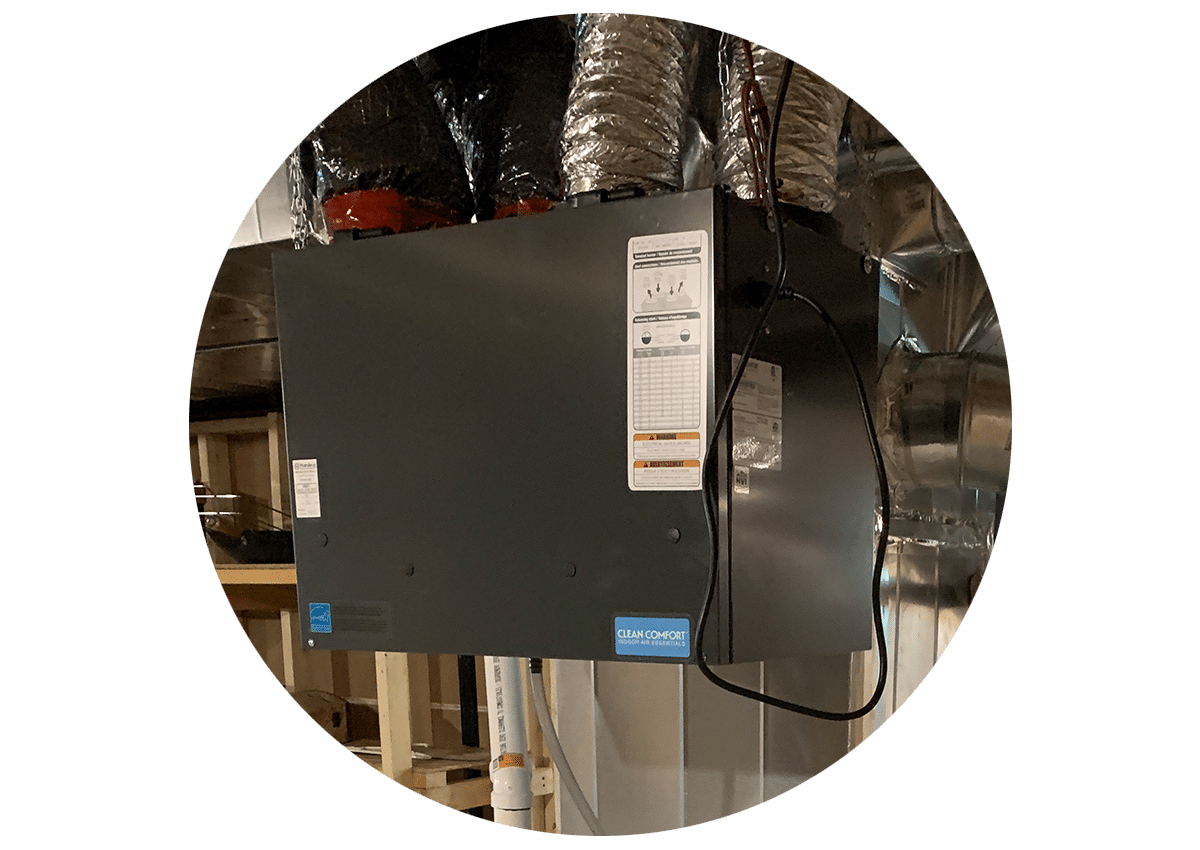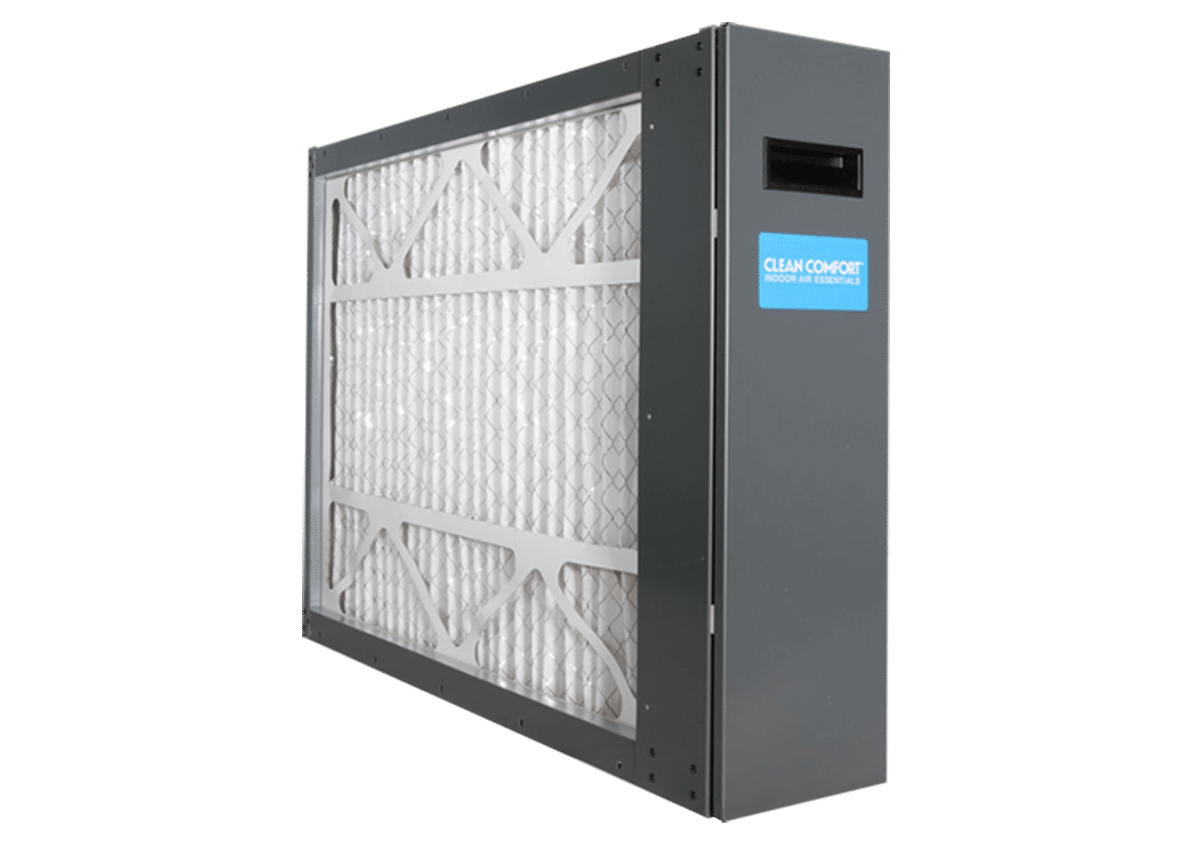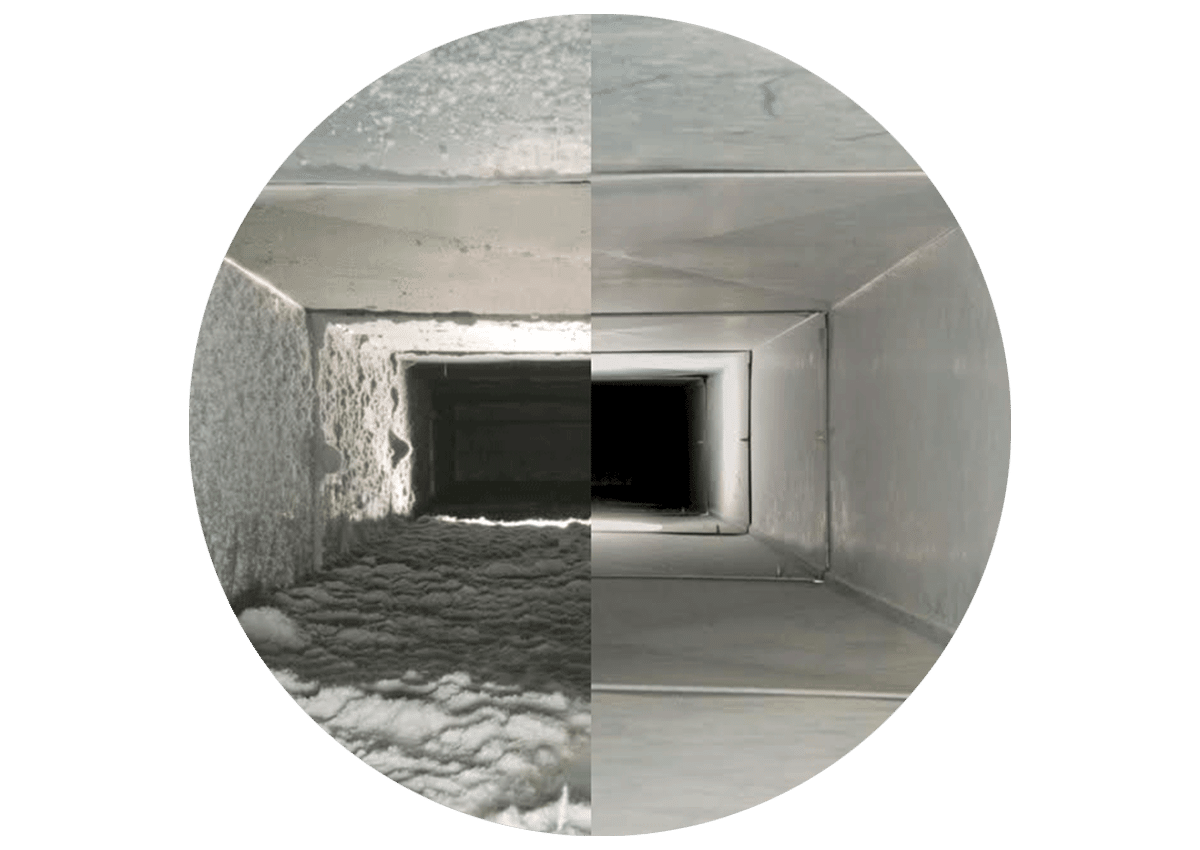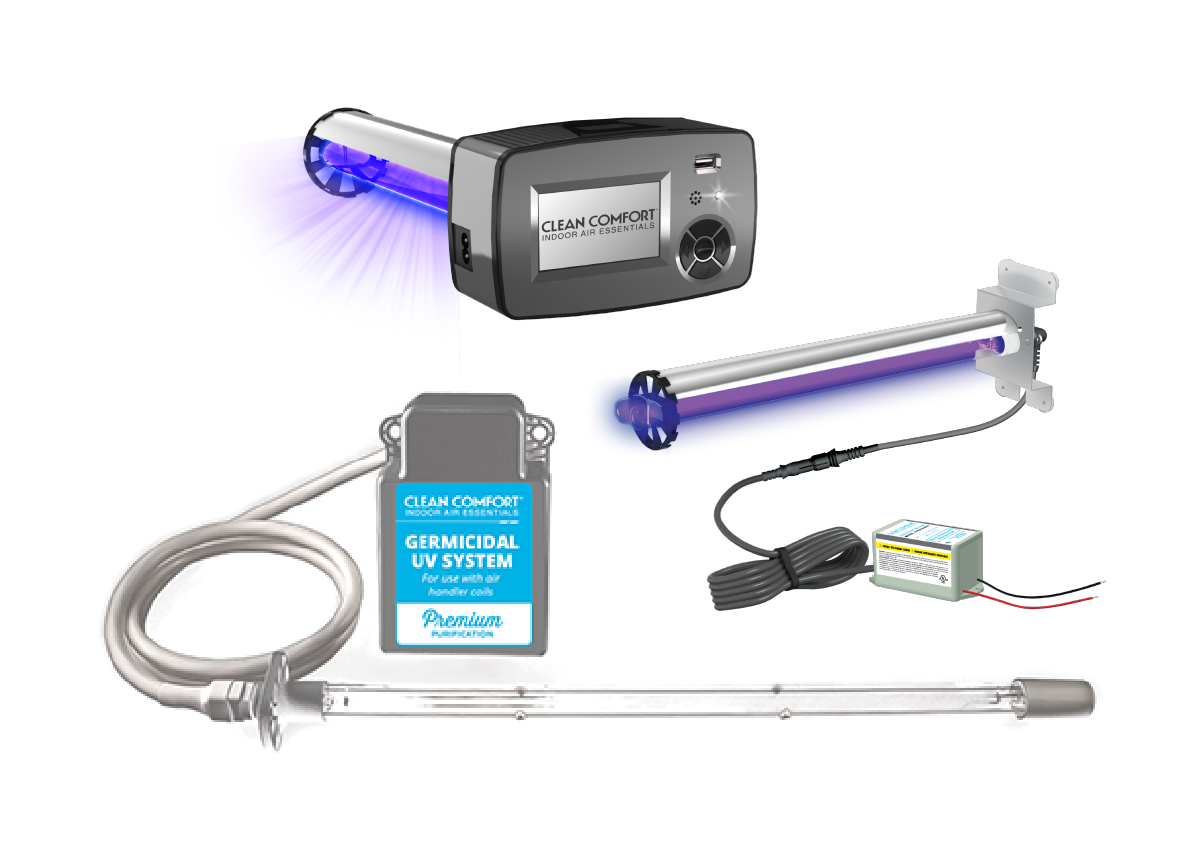We all have unique temperatures that we like to keep our homes set to, but did you know that the wrong temperature can negatively impact your health and your indoor air quality? We’ve put together some tips to help you find the best overnight temperature for your home so you can keep your family healthy.
Sleeping
Several factors could be causing you to toss and turn all night, but one that you have direct control over is the overnight temperature in your home. Studies have shown that the ideal temperature to promote sleep is somewhere in the range of 60 to 67 degrees Fahrenheit (that’s 16 to 20 degrees in Celsius). Cooler overnight temperatures decrease your core body temperature slightly, which also signals your body that it’s time to sleep. The reduced temperatures will help you fall into a deeper sleep, which gives your body and mind a much-needed rest and benefits your overall health.
Studying & Working
As we just stated, setting the right overnight temperature can positively impact the quality of sleep you get and your overall health, but you can adjust the temperature to benefit you in other ways as well. The ideal temperature for the productive mindset required to study and complete work is between 70 and 73°F (21 to 23°C). While the exact causes for this are somewhat unknown, studies have shown that productivity is at its highest in this range.
Efficiency
The efficiency of your HVAC system depends on several mechanical and situational factors, but the temperature you set your home at has a big impact as well. Reducing the temperature overnight will save you money, and it’s the perfect time to give your furnace a rest, but during the day, the ideal temperature is 71°F (21°C). The reason it’s the ideal temperature is that it’s comfortable for most people, but it’s not particularly high or low. The truth is, if you want to ensure your systems are running as efficiently as possible, you should set the temperature as high as you can in the summer and as low as you can in the winter while still being comfortable in normal attire.
Asthma
Indoor air quality is extremely important if you or anyone in your home has asthma, and the temperature you set your thermostat at can help. Respiratory studies have shown that 71°F (21°C) is the ideal temperature for people who suffer from asthma. This temperature reduces asthma symptoms in most cases because it’s not too hot or too cold, and it promotes healthy humidity levels.
For more tips on setting your thermostat, contact the experts at Team Harding!
Team Harding has been proudly serving Ottawa’s HVAC needs since 1994. Our team of licensed technicians strives to provide our clients with reliable service and equipment.
Connect with us on Facebook, Twitter, and Instagram
for more tips and to be the first to see our latest promotions.

